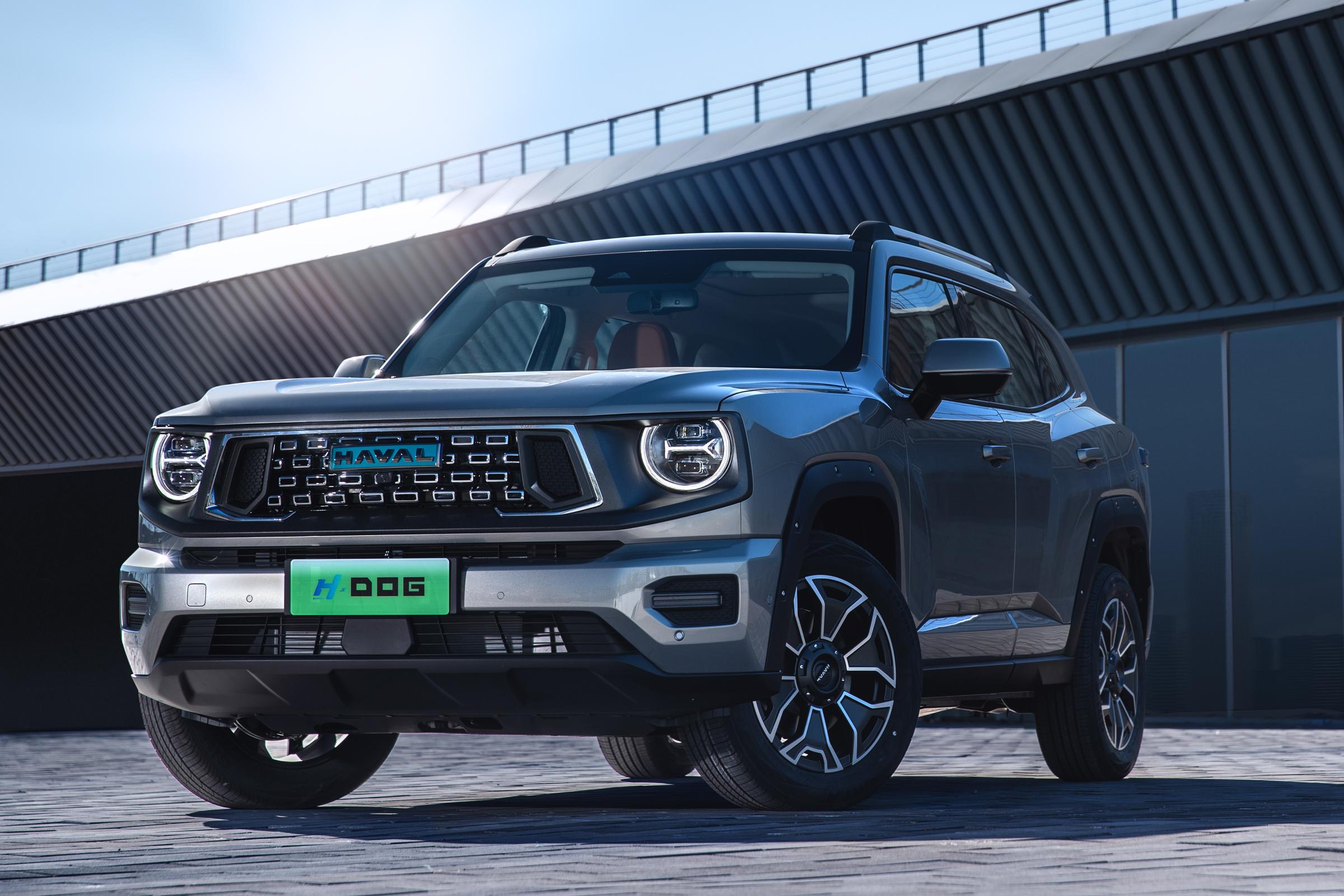Where does the automotive industry go as intensification of internal competition intensifies?
![]() 10/18 2024
10/18 2024
![]() 601
601
In recent years, the Chinese automotive industry seems to have fallen into a vicious circle: price wars, internal competition, and loss-making operations have become the new normal in the industry. In order to compete for market share, major automakers have sacrificed profits and even sold at a loss. This self-destructive business strategy has not only harmed the companies themselves but also threatened the healthy development of the entire industry.
Since last year, the "price war" among automakers has intensified. In 2024, this "price war" even spread to the new car market. At new car launches, automakers compete to boast that they are "the lowest price in the same class," as if low prices are the only competitive advantage. However, can this strategy really bring long-term market advantages? The answer is obviously no.
Wei Jianjun, Chairman of Great Wall Motor, put forward a clear viewpoint in an interview, urging the industry not to engage in disorderly price wars and vicious competition but to pursue market share with a bottom line, credibility, and quality. Wei Jianjun's remarks are undoubtedly a profound reflection on the current state of the industry.

Image source: Haval official
"There are no cars that cannot be sold, only prices that cannot be sold," this phrase has become a portrayal of the price competition in the Chinese automotive industry. Whenever sales decline, a wave of price cuts follows, but can this short-term stimulus really solve the underlying problem? Long-term low-price competition will not only erode brand value but also lead to a decline in product quality, ultimately harming consumer interests.
In fact, this internal competition has led to severe industry consequences. According to the report of the China Automobile Dealers Association, as of August this year, the highest dealer inventory-to-sales ratio has reached -22.8%, and the cumulative retail loss of the new car market as a whole has reached 138 billion yuan. Some established dealer groups, such as Guangdong Yongao Group and Senfeng Group, are even in trouble due to financial crises, while Guanghui Group has been delisted due to severe financial difficulties.
In the capital market, automakers that have not yet achieved profitability continue to raise funds in exchange for cash, but this money-burning model is clearly unsustainable. New energy vehicle brands such as NIO, XPeng, and Nezha, while attracting much attention in the capital market, have also suffered staggering losses. NIO has lost 86.6 billion yuan in six years, XPeng has lost 38.4 billion yuan in total, Nezha has lost 18 billion yuan in three years, and AVATR, a subsidiary of Changan, has lost more than 8 billion yuan in total.
Behind these figures lie not only the financial difficulties of automakers but also the crisis of the entire automotive industry. The price war and internal competition have already taken a heavy toll on the industry. As automakers go bankrupt, consumers face not only a lack of vehicle maintenance and after-sales service guarantees but also a sharp decline in vehicle value.
Against this background, the industry urgently needs reflection and adjustment. Automakers must break out of the vicious circle of low-price competition and find new development paths. This may mean paying more attention to product quality, technological innovation, and brand building rather than simply relying on price wars. At the same time, the industry also needs more rational and long-term planning to avoid short-term behaviors that harm long-term development.
Currently, industry insiders have different voices regarding the market's "price war." Here, Dianchetong wants to express that competition is acceptable and encouraged to stimulate automakers' progress and promote the development of the automotive industry. However, the premise is that it must be "benign competition" rather than the kind that harms both sides and ultimately leads to a lose-lose situation, where automakers suffer losses in pursuit of market share.
Source: Lei Technology






